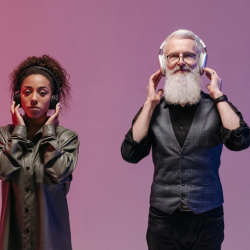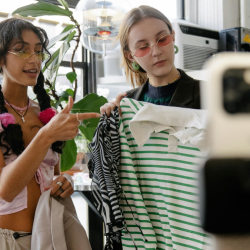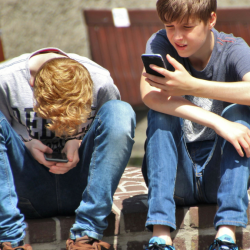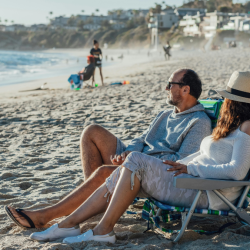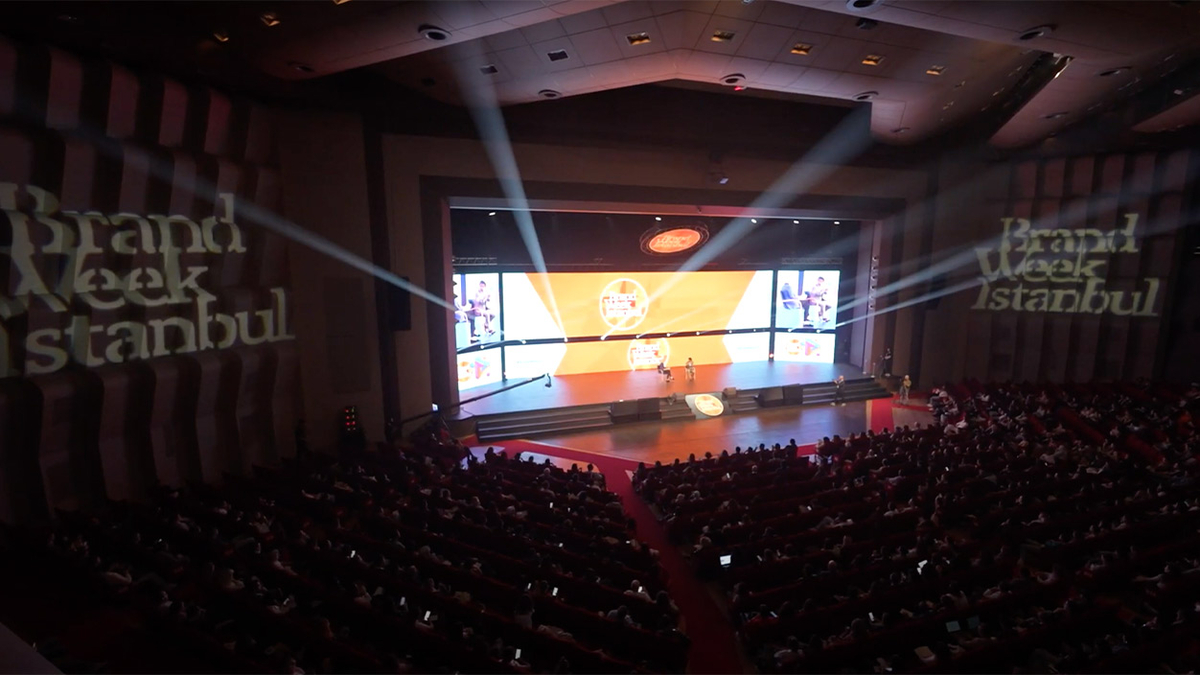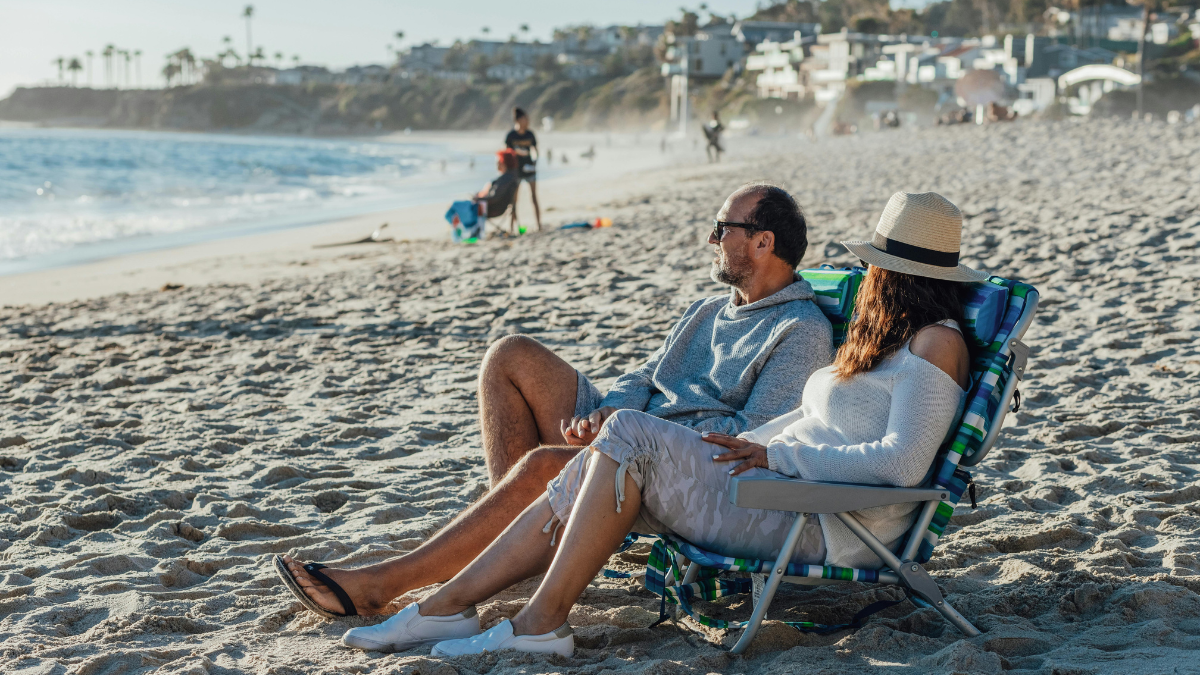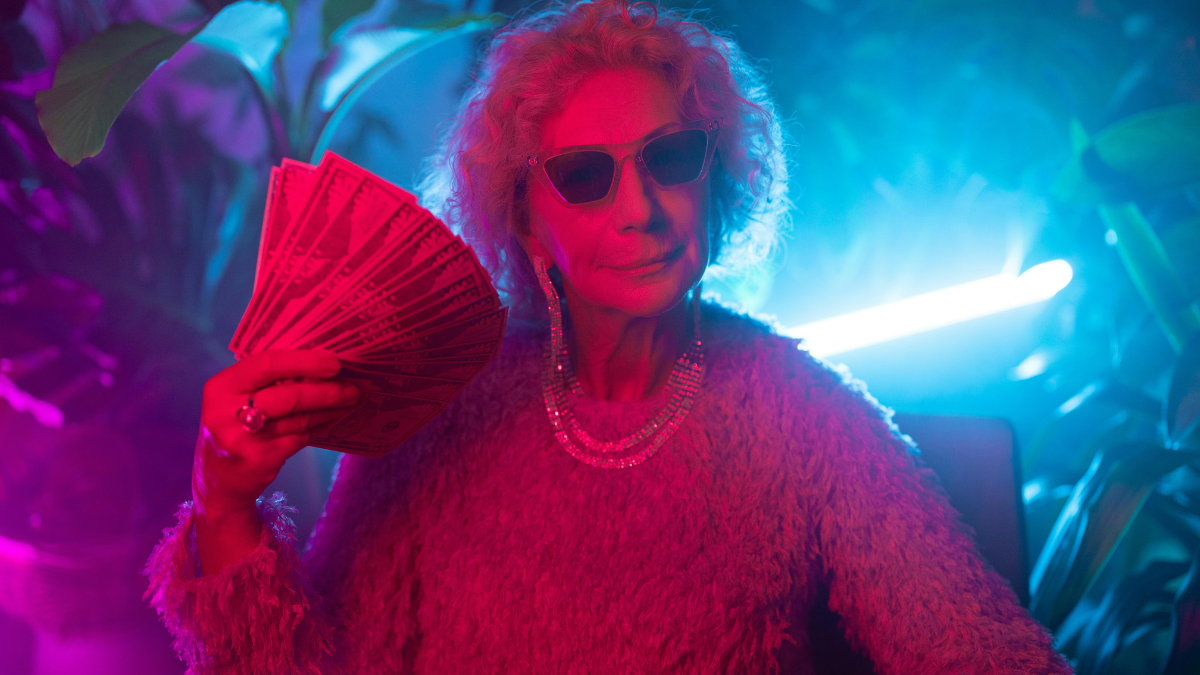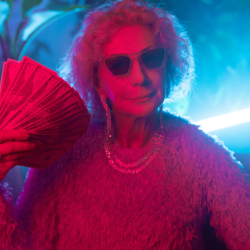Brand Week Istanbul — the largest creativity and business festival of the EMEA region — took place last week (6-8 November) under the theme ‘Beginning of a History’. The event brought together more than 50,000 attendees from various fields and over 500 speakers from across the globe. With content spread across three days and fourteen stages, the conference left no stone unturned when exploring the key issues impacting today’s businesses.
Five global injustices
Mayor of Istanbul, Ekrem İmamoğlu, opened the event with a powerful speech, in which he argued that ‘we are facing a historical turning point’. According to him, there are five injustices impacting our world today.
Firstly, the digital gap is widening, leaving poorer countries behind and increasing their dependence on developed nations. Secondly, climate injustice means that poorer countries are most affected by climate change despite contributing the least to it. Thirdly, the burden of migration is also unfairly distributed, once again falling on the shoulders of less-developed nations. Fourthly, Mayor İmamoğlu addressed the weakening of the middle class, saying that ‘it is impossible to maintain peace’ amidst income inequality. Lastly, he shared that the biggest structural problem in nations around the world is injustice in representation.
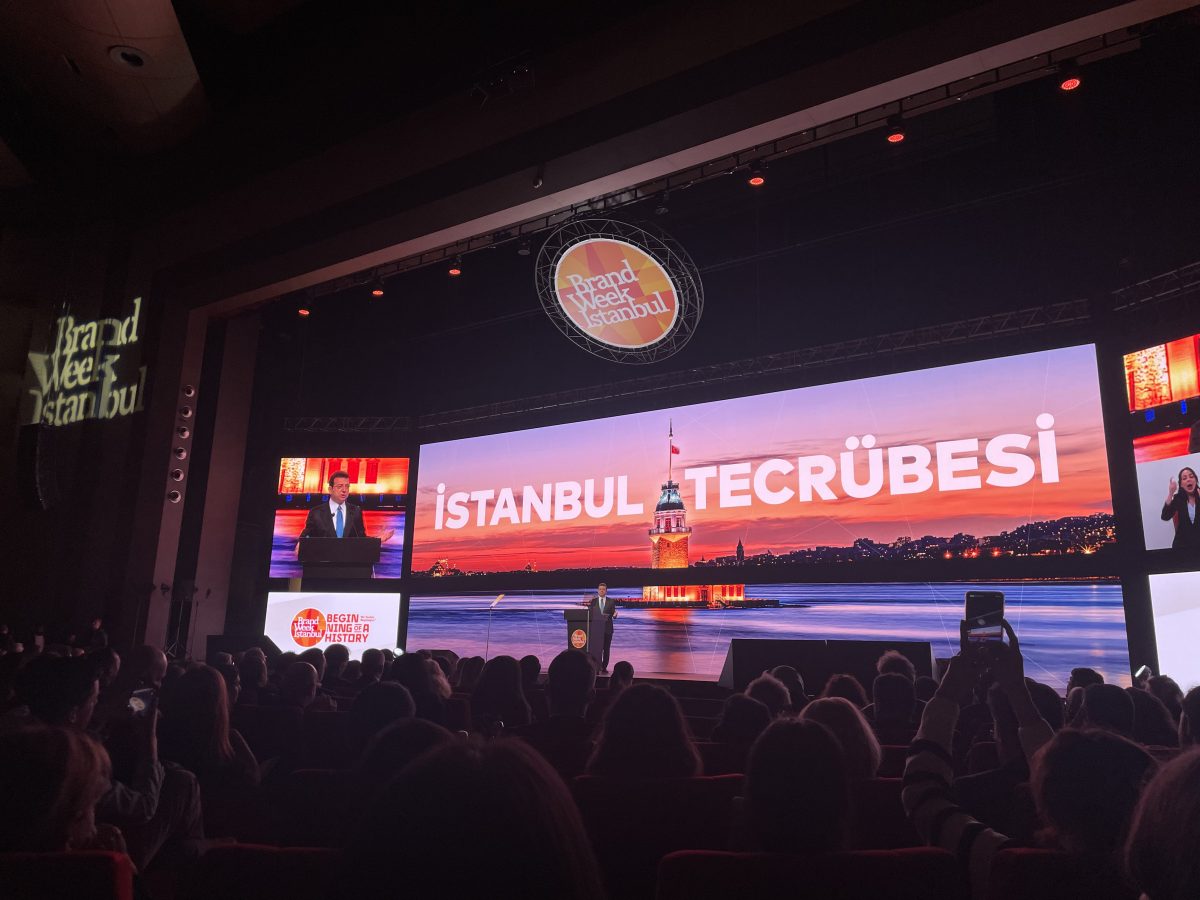
Expanding on this final point, Mayor İmamoğlu explained that since international law is shaped by geopolitics, Western concerns are prioritised while the voices of others remain ignored. As such, he called for an increase in representation and urged the audience of creatives to recognise their ability to contribute to the fight against these injustices.
Our creativity makes us human
The value of creative industries was stressed on numerous occasions over the three days of the conference. Director of World Cities Culture Forum, Laia Gasch, revealed that one in five jobs in London is a creative one. Going further, she noted that all of the skills that are important for the future (e.g., problem solving, interpersonal skills, self-motivation, and empathy) require creativity. Subsequently, she concluded that ‘creativity is an essential and unique human competence’.
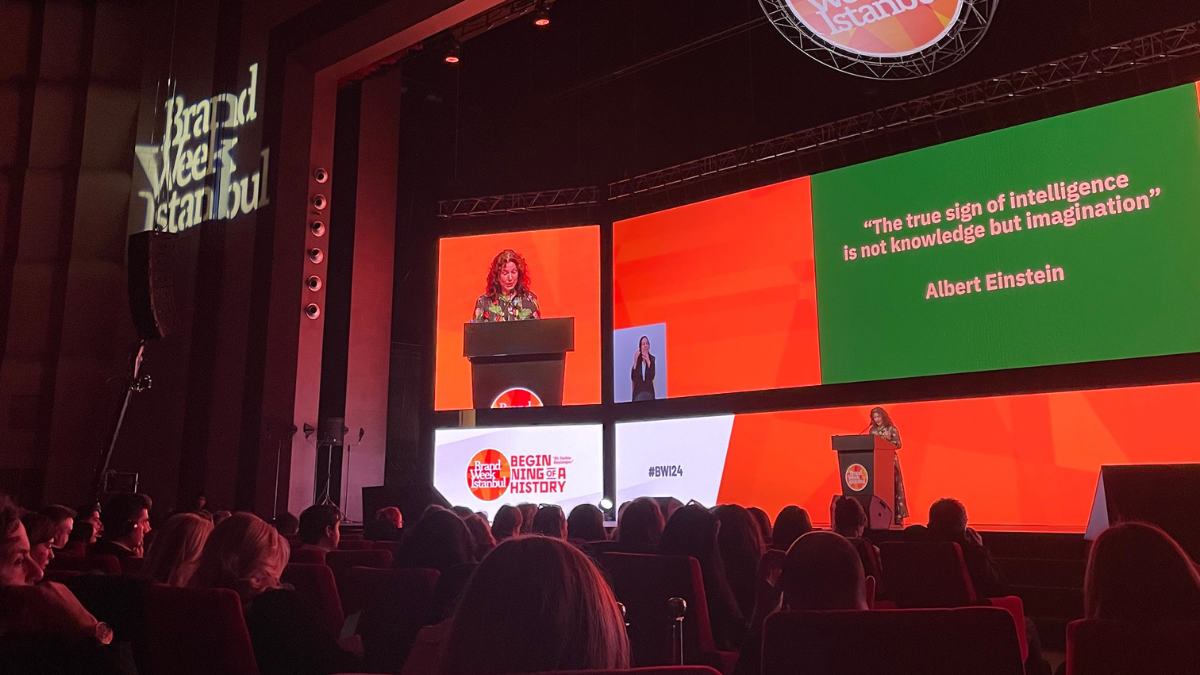
Marketoonist Tom Fishburne also took the stage at Brand Week Istanbul, sharing a few of his most famous cartoons and discussing the importance of humour. According to him, humour can help us navigate change. For example, his humorous cartoons hold a mirror up to the industry, depicting four types of myopia (technology, customer, data, and organisational) that can get in the way of marketers today.
When asked what advice he would give creatives who are worried about AI, Fishburne told MediaCat: ‘The great news for creatives is that the way AI currently works is almost a great averaging. It delivers what is most likely to be what people want to see, and that creates a lot of the same output. And so if you’re truly creative, the opportunity is there to create things that are not the same output. And you can use AI to make you more efficient at that. But ultimately, don’t forget what makes you human and what makes you unique.’
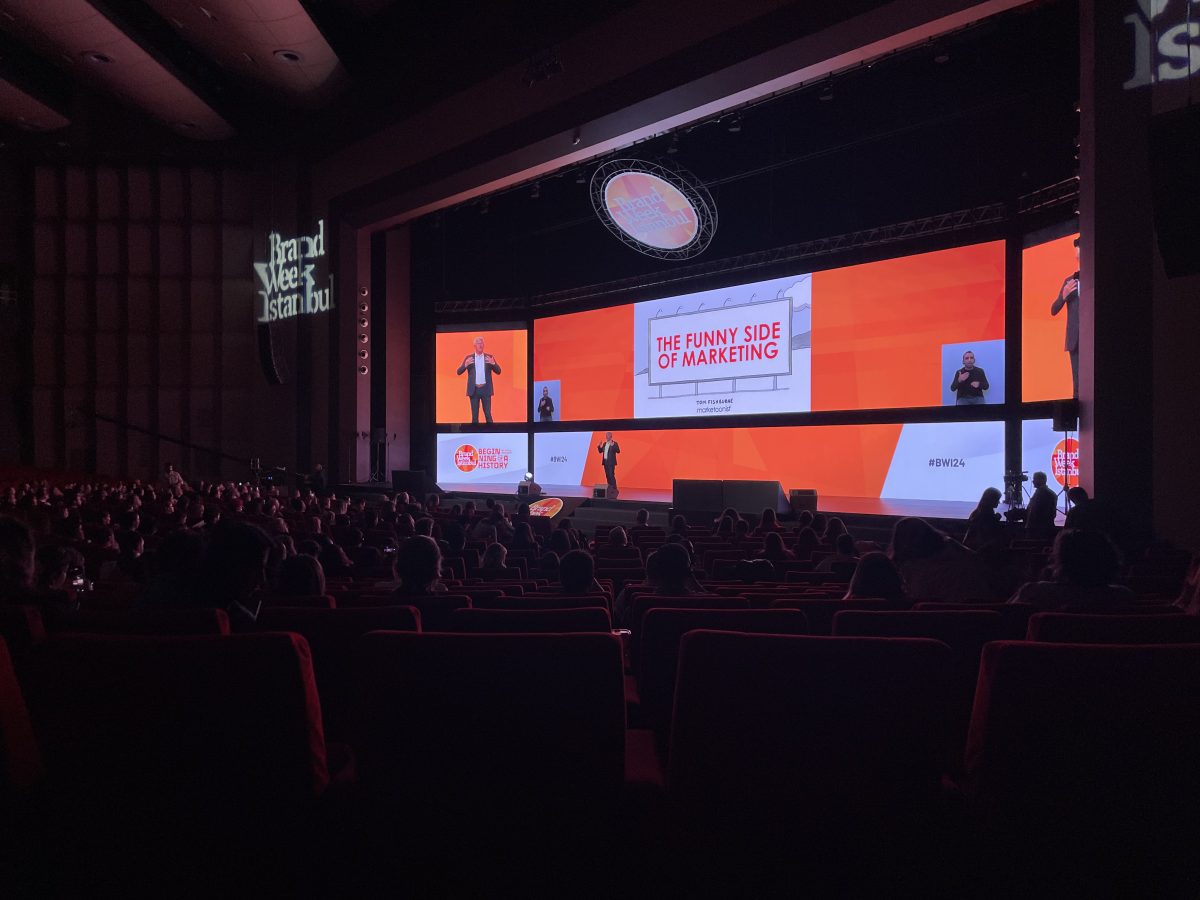
Leading at the right pace
A common theme throughout the event was how rapidly the world is changing and how businesses are struggling to keep up. Sophie Devonshire, CEO of The Marketing Society and author of Superfast: Lead at speed, presented three solutions to help leaders overcome what she refers to as the pandemic of impatience and ‘overwhelmitis’. More specifically, she said that energy management, empathy, and editing can help leaders find the right pace to lead in a world of speed. Speaking to MediaCat, Devonshire stressed the importance of finding the correct pace:
‘Too slow is stupid, too fast is foolhardy. There is something about the right pace setting that we need to look at in order for us to thrive rather than just survive in a world that is not slowing down. Everything that’s happening with technology is only going to give us another round of exponential fast-moving speed.’
Looking beyond generations
The event’s speakers also raised the subject of marketers’ fixation on generations — particularly Gen Z — several times. Serial entrepreneur Mark Adams was one such speaker, claiming that ‘being born in a random 16-year birth window does not unite people.’
Instead, he suggests that brands tap into people’s interests and choose a network to contribute to based on four factors: their desired positioning in culture, the story they can tell alongside it, the contribution they can make to it, and their value as a creative design/muse target.
Explaining why this is more effective than segmenting people by age, Adams said that the ‘greatest urge of the human species is to connect with people’.
Featured image: Brand Week Istanbul stage
